Here’s my bio reproduced below (for anyone who’s curious as to why I am so passionate about the rights of people with autism). In addition, I was recently interviewed by Kevin Dewalt, the founder of the Puzzle Ribbon Project on Why Objective Science is Critical for Identifying Evidence-based Treatments.
Coming soon!
Sabrina Freeman, Ph.D. (1958-) was born in Montreal, Quebec, and grew up in Vancouver, British Columbia. She graduated from Stanford University in 1995 with a Ph.D. in Sociology, specializing in small group research and the study of organizations. Upon her return to British Columbia, Freeman spent 14 years advocating for the rights of children with autism to be included in the government funded health care system for their core health need -- autism treatment. During this period, so many parents were desperate to access treatment programs that Freeman created a 35 minute VHS/DVD [Autism: Now What Do I Do?] to help guide parents through setting up science-based treatment programs for their children. In 2002, she was awarded Queen Elizabeth's 50th Golden Jubilee Medal for advocacy work done on behalf of children afflicted with autism. Freeman's advocacy culminated in the now famous Supreme Court of Canada ruling Auton (Guardian ad litem of) v. British Columbia in 2004.
During the last 15 years, Freeman wrote several books on autism, one of which [Teach Me Language] has been subsequently translated into French, Italian and Norwegian. The next book she wrote, [Science for Sale in the Autism Wars], chronicles the struggle children with autism face against a system that does not recognize their rights to treatment. Her most recent book [The Complete Guide to Autism Treatments (2011)] is an up-to-date evaluation on the various treatments offered for children with autism. Her hope is that through her scholarship, thousands of parents will not have to go through the uncertain journey of generations of parents of newly diagnosed children. Instead, she offers parents a way to quickly evaluate various treatments and make sure that their child receives science-based treatment rather than treatments based on testimonials and good wishes.
Dr. Freeman lives in the United States with her family, including a daughter with autism.
Autism Pundit
Question everything, expect evidence...
Essentials
Follow @autismpundit
BOOKS & DVDs FOR NEW PARENTS
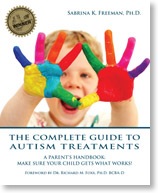
The Complete Guide to Autism Treatments
also available in Kindle Edition
REVIEWS
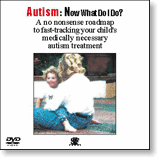
Autism: Now What Do I Do? (DVD)
REVIEWS
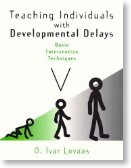
Teaching Individuals with Developmental Delays
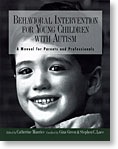
Behavioral Intervention for Young Children with Autism
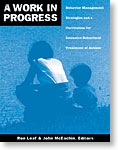
A Work in Progress
SIX MONTHS + INTO TREATMENT
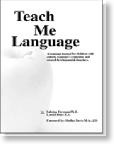
Teach Me Language
REVIEWS
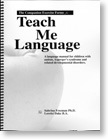
Companion Exercise Forms for Teach Me Language

Controversial Therapies for Developmental Disabilities: Fad, Fashion, and Science in Professional Practice
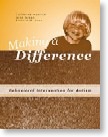
Making a Difference: Behavioral Intervention for Autism
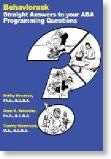
Behaviorask: Straight Answers to your ABA Programming Questions
ADVOCATING FOR ASD CHILDREN
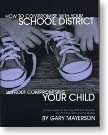
How to Compromise with Your School District Without Compromising Your Child

Science for Sale in the Autism Wars
REVIEWS
PRESSING ISSUES THROUGH THE LIFECYCLE
Toilet Training
Communication
Education
Employment
Living in Dignity
GOOD SOURCES OF EDUCATION/TREATMENT MATERIALS
SKF Books, Inc.
Different Roads to Learning

Super Duper Publications
Special Needs Project
COMPANIES THAT HIRE INDIVIDUALS WITH ASD
Let's start a list!
© 2011 Sabrina Freeman, Ph.D. Contact Me